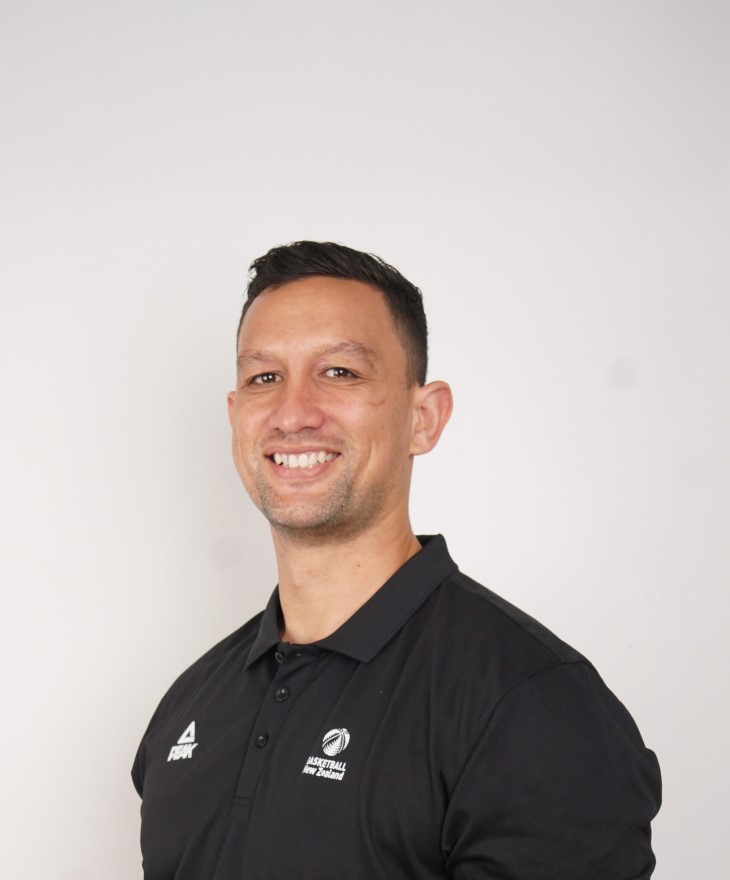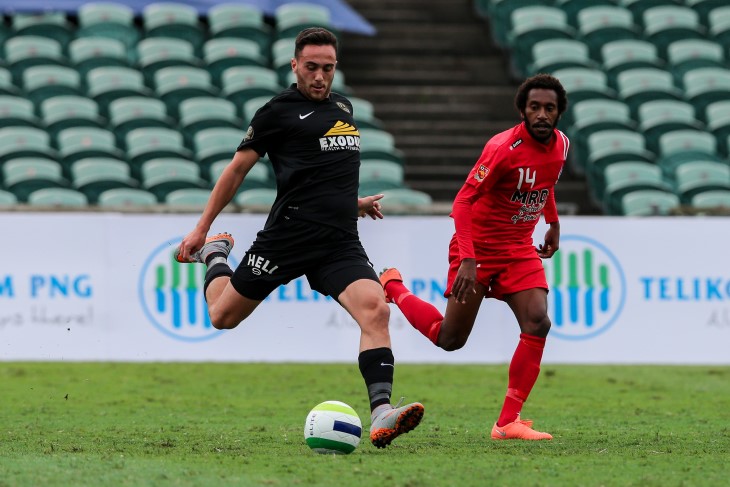ACC renews partnership with New Zealand Football
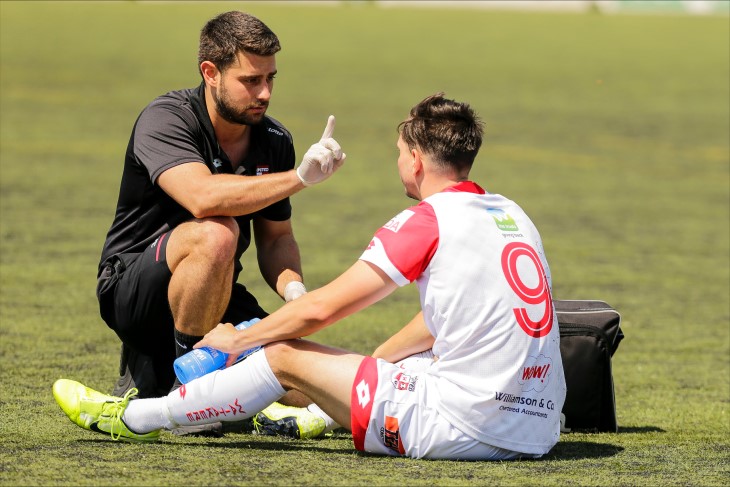
Football is the largest team participation sport in the country and ACC is pleased to renew its injury prevention partnership with New Zealand Football, investing $2.5 million over the next two years.
Data shows there are over 170,000 registered players and around 300,000 people engaged with football as social players, referees, volunteers and fans.
In 2024, ACC accepted 48,234 football-related injuries which came at a cost of $21 million to help people recover.
New Zealand Football is the first ACC injury prevention partner to embed proven interventions into coach education and development to ensure it’s an integral part of good football practice in this country. This keeps more players on the field and ultimately helps teams perform better.
Over the next two years, ACC will invest $2.5 million into the NZF Prevention and Performance programme to develop interventions that will target emerging or unaddressed injury issues.
ACC injury prevention partner Nat Hardaker says it’s important the next generation of players have the right resources and support.
“We’re pleased to see New Zealand Football make a clear commitment to injury prevention, they’ve already integrated the 11+ warm-up, an intervention that addresses the highest volume of football-related injuries, into all coach education and delivery,” she says.
“This means we can direct ACC investment into developing strategies for these unaddressed injury areas – concussion and anterior cruciate ligament (ACL) injuries.
“This will help ensure our football community is supported to sustain participation and maximise their time on the field.”
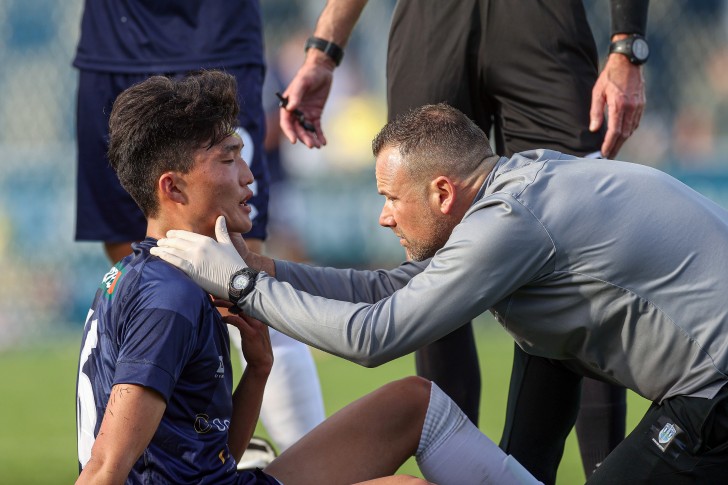
A focus on ‘prepare, perform and recover’
The NZF Performance and Prevention Programme is implemented throughout the governing body’s Whole of Football Plan 2.0. It delivers programmes and resources to help players prepare, perform and recover.
Nat says New Zealand Football’s coach educator network, which is supported by the specialist expertise of the Performance and Prevention team, do a great job in supporting coaches and players in the seven regional federations.
“They are there to provide coaches, players and teams with the most up-to-date evidence-based education and resources that will support optimal preparation, performance and recovery,” she says.
“They tailor delivery and education to reflect what each federation needs.”
Nat says this year has a focus on improving concussion prevention and management.
Last year, ACC accepted 1,221 football-related concussion injuries, which came at a cost of $3.4 million to help people recover.
“People often associate concussion with rugby union and league but there’s a high prevalence of concussion in other sports, including football. We know good early management of concussion can improve long-term outcomes,” Nat says.
“The investment into this partnership will deliver important concussion education. It will help ensure everyone knows how to recognise concussion in football and what to do next.
“Where possible, prevention is always the best approach, and I think there’s more we can do.”
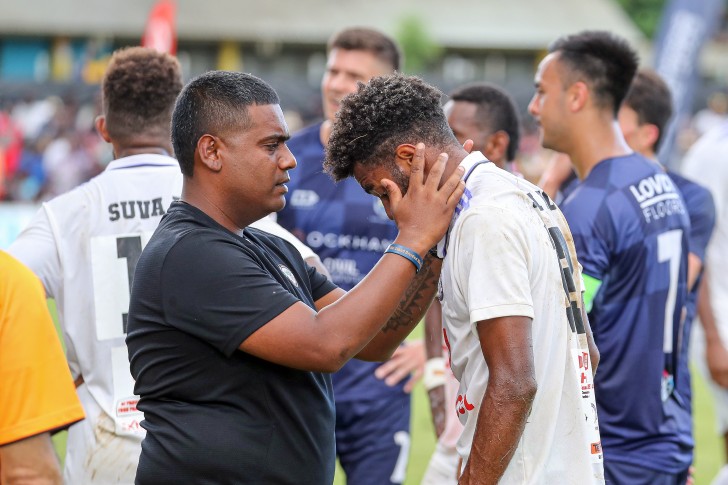
ACC provides ‘hugely beneficial’ support
Daniel Farrow, general manager of community football at New Zealand Football, is pleased to extend the partnership for the benefit of football and futsal players across the country.
“We’ve had a long-standing relationship with ACC, which has been hugely beneficial to the thousands of players across the country who play the game,” he says.
“The support they provide makes a significant impact to the game and we’re delighted this relationship will continue to help us keep people playing and performing for longer and positively affect the experience of our participants.
“Being able to design programmes specific to football and futsal, and make targeted interventions, is really exciting. We look forward to continuing to develop and build the partnership.”
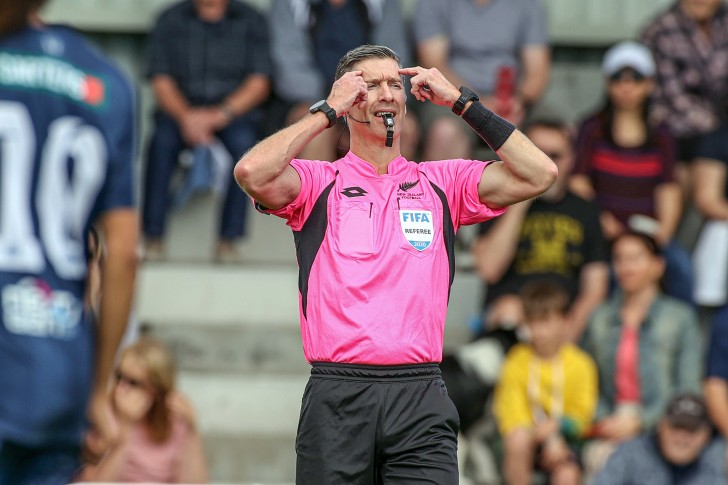
Tackling concussion head on
New Zealand Football is developing new programmes designed to prepare players for heading the ball, which is particularly relevant for younger and female players. It includes neck strengthening and improved ball-tracking skills.
Last year, ACC launched the National Concussion Guidelines for community sport.
The guidelines provide principles and advice for the sports community and health professionals to recognise concussion and manage the return-to-play process in a consistent way.
The key changes are: (1) When a player suffers a concussion, they must have a minimum period of 21 days away from full competition and (2) whilst not mandatory, medical clearance is very strongly encouraged prior to return to play.
The growth of football
A total of 142,000 players took part in New Zealand Football’s football and futsal programmes in 2024, which was a six per cent growth from 2023.
There are an estimated 30,000 players also playing through New Zealand secondary schools.
Girls and women’s participation has increased significantly following the co-hosting of the FIFA Women’s World Cup in 2023.
There has been a 27 per cent increase of players in New Zealand Football programmes since 2022.
In 2026, the All Whites men’s national team will compete at the FIFA World Cup for the third time in history.
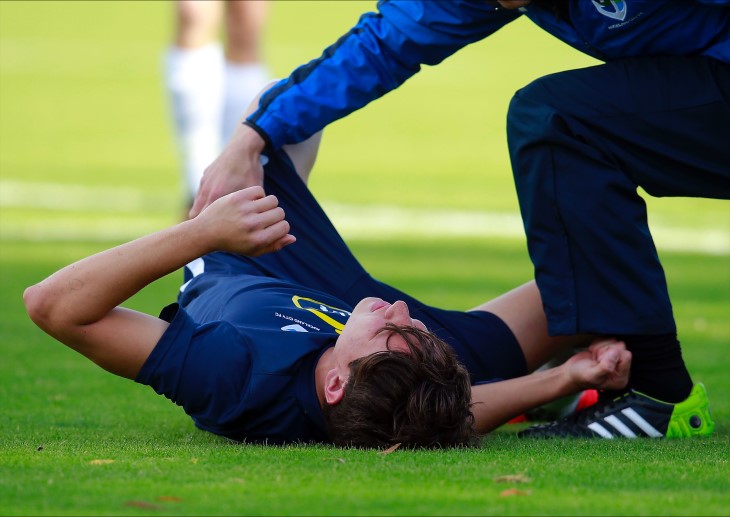
National Concussion Guidelines
The guidelines are designed to improve health outcomes and wellbeing for people who play community sport. They introduce a standardised approach to return to play.
The key changes are:
1) When a player suffers a concussion, they must be symptom-free for 14 days post-injury before a graduated return to play.
2) They must complete a minimum period of 21 days away from full competition before clearance to return.
3) Whilst not mandated, medical clearance is strongly encouraged prior to return to play.
Sport Concussion in New Zealand – National Guidelines
The Five Rs of Concussion Management
- Recognise (the signs and symptoms of concussion)
- Remove (the person from play)
- Refer (to a medical doctor to confirm diagnosis and provide treatment)
- Recover (before returning to school/work and sport)
- Return-to-play (follow the guidelines)




